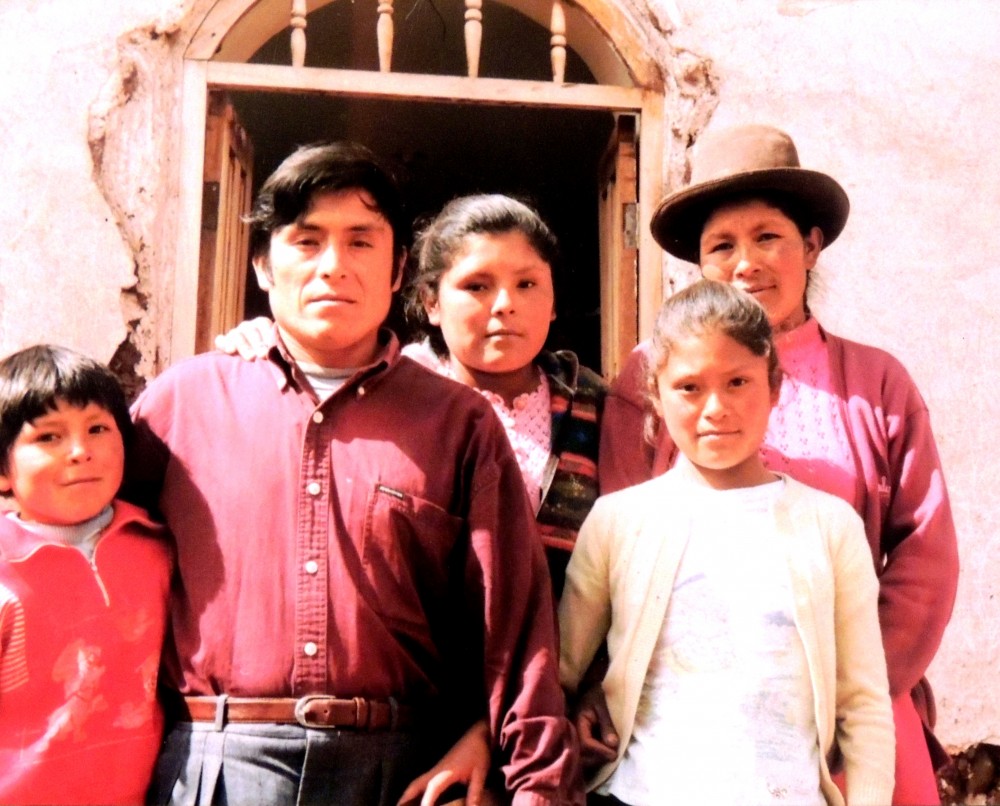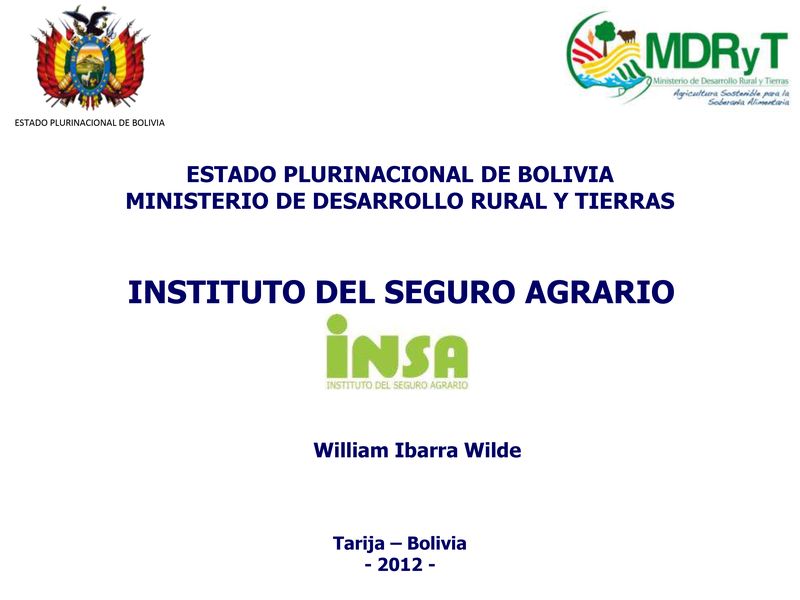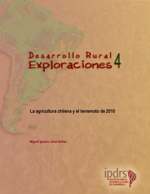Dominican Republic - Poverty Assessment : Poverty in a High-Growth Economy, 1986-2000, Volume 1. Main Report
Since its recovery of macroeconomic
stability in 1991, the Dominican Republic has experienced a
period of notable economic growth. Poverty has declined in
the 1990s. Nevertheless, a segment of the population-mainly
in rural areas-does not seem to have benefited from this
growth. Poverty in this country in 1998 is less than that of
other countries if one adjusts for the level of economic
development. The principal poverty characteristics are the





